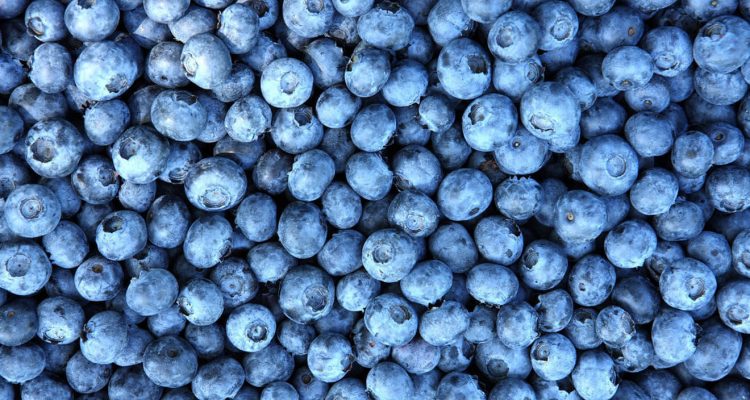
The key to longevity turned out to be just a few breakfast foods
0
When it comes to ways to increase life expectancy, many believe that it is necessary to give up tasty dishes, limit the diet and switch to strict training. However, in reality, everything is much simpler and you can ensure longevity in a rather “tasty” way.
Most experts in the field of healthy nutrition agree that the most important thing here is to start the day right. Breakfast will provide the body with the necessary energy and start up all its systems. Just a few foods can make the first meal useful.
Blueberries
Blueberries, rich in anthocyanins and pterostilbenes, have long been an important component of research by scientists trying to find the key to longevity. The berry contains specific flavonoids that fight DNA damage and slow down age-related damage to brain cells. Specifically, the researchers found that fruit flies lived 10 percent longer when they were fed a normal diet but included blueberry extract. In addition, they significantly increase their level of physical activity and protection against oxidative stress.
Kale
Cabbage has quickly become one of the most talked about health foods due to its undeniable benefits. Kale contains sirtuins, which are a group of seven unique proteins found naturally in the human body.
These proteins regulate many functions, including cellular metabolism, cell regeneration, and DNA expression. In addition, they help reduce inflammation in all organs, including the brain.
Avocado
Avocados are rich in monounsaturated fats, which help reduce the risk of heart disease and prolong life life. The fruit contains more potassium than bananas, which helps nerves and all muscles function properly. In addition, a diet rich in potassium helps offset some of the harmful effects of sodium on blood pressure.
Seeds
Chia seeds, flax seeds, and hemp seeds contain beneficial heart nutrients, including fiber and omega-3 fatty acids, which help increase longevity. Numerous studies have shown that adding this seed to the diet can reduce risk factors for heart disease, inflammation, hypertension, and increased cholesterol and triglyceride levels.









Leave a Reply